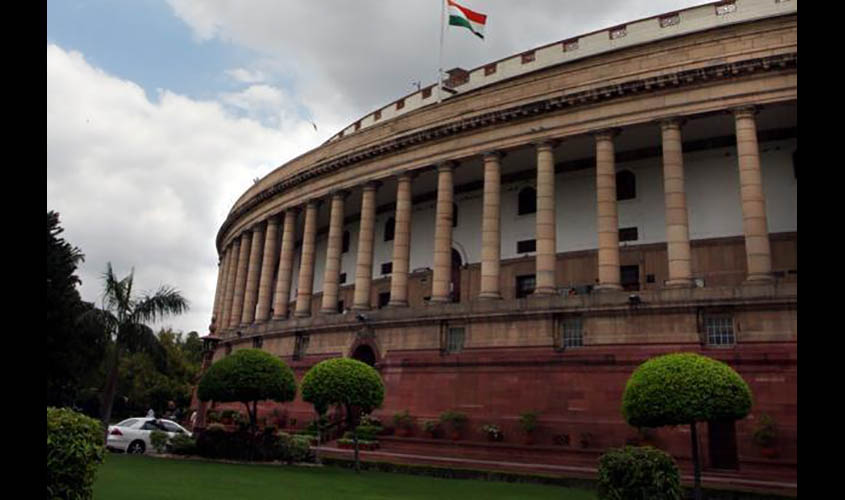Six JPCs either constituted or announced in the past to investigate various cases came a cropper.
NEW DELHI: The Congress, along with other Opposition parties, has been vociferously demanding an investigation into the Rafale deal by a Joint Parliamentary Committee (JPC). However, a look into the history of JPCs would reveal that six JPCs either constituted or announced in the past to investigate different cases were hardly effective as they did not bear the desired fruit.
In all the six cases, the entire effort hence turned futile and nothing concrete came out of them as it could not even identify the guilty, leave aside punishing them. A JPC’s findings or recommendations are not bound to be accepted by the government, which has the right to withhold any evidence which, it thinks, could compromise national security.
The JPC has also been considered as a jinx in political circles as no government which constituted a JPC during its tenure ever returned to power in the next Lok Sabha elections.
The last announcement for a JPC investigation was made in 2013 by the UPA-II government to investigate the allegations of payment of bribes in acquisition of VVIP helicopters by the Defence Ministry from AugustaWestland company.
The government introduced a motion in Rajya Sabha which was passed after a walkout by most of the Opposition members, who termed the JPC as an exercise in futility and demanded a Supreme Court-monitored investigation. The JPC could not be constituted and the case is being investigated by the CBI.
The first JPC was constituted to inquire into the Bofors deal in August 1987. The committee, headed by B. Shankaranand, held 50 sittings and submitted its report in April 1988. The report was tabled in Parliament, but it was rejected by the Opposition on the ground that it was packed with Congress members. Interestingly, it was the Opposition which had created ruckus in Parliament demanding a JPC probe into the matter. In 1992, a JPC was constituted to inquire into the Harshad Mehta scandal. The recommendations were neither accepted in toto nor rejected by the government. It was headed by Ram Niwas Mirdha and investigated irregularities in securities and banking transactions after the scandal broke out.
In 2001, another JPC was constituted to investigate the Ketan Parekh stock market scam. The committee was headed by Prakash Mani Tripathi. The committee’s recommendations for making sweeping changes in the stock market regulations were not fully implemented.
In August 2003, a JPC was set up to look into pesticide residues in soft drinks, fruit juice and other beverages and to set safety standards. This JPC was headed by Sharad Pawar and held 17 sittings and submitted its report to Parliament in February 2004.
The report confirmed that soft drinks indeed have pesticide residues and recommended stringent norms for drinking water. It also recommended the setting up of National Standards Body of India, which was agreed by Parliament and the government. However, no action has been taken on its recommendations even after 14 years.

Yet another JPC, with 30 members, was constituted in 2011 to investigate the 2G scam. It was headed by P.C. Chacko. However, as many as 15 members belonging to BJP, JDU, CPI, CPM, Trinamool Congress, BJD, DMK and AIADMK accused
Chacko subsequently agreed to amend the draft report. The report was finally submitted in October 2013. It concluded that Manmohan Singh was misled by then Communications Minister A. Raja on the procedure to be followed by Department of Telecommunications in issuance of the Unified Access Services Licence.
A JPC was constituted in 2013 to investigate the allegations of payment of bribes in the acquisition of VVIP helicopters by the Ministry of Defence from AugustaWestland and the role of alleged middlemen in the transaction.
Sources said going by the pace of the previous JPCs, it can be assumed that even if a JPC is set up to investigate the Rafale deal, its tenure may come to end as the tenure of the current Lok Sabha ends in May next year. This means that a new JPC will have to set up after the Lok Sabha elections.
The Opposition demand for a JPC probe into the Rafale deal has come following the Supreme Court recently dismissing petitions seeking a court-monitored investigation into it.

